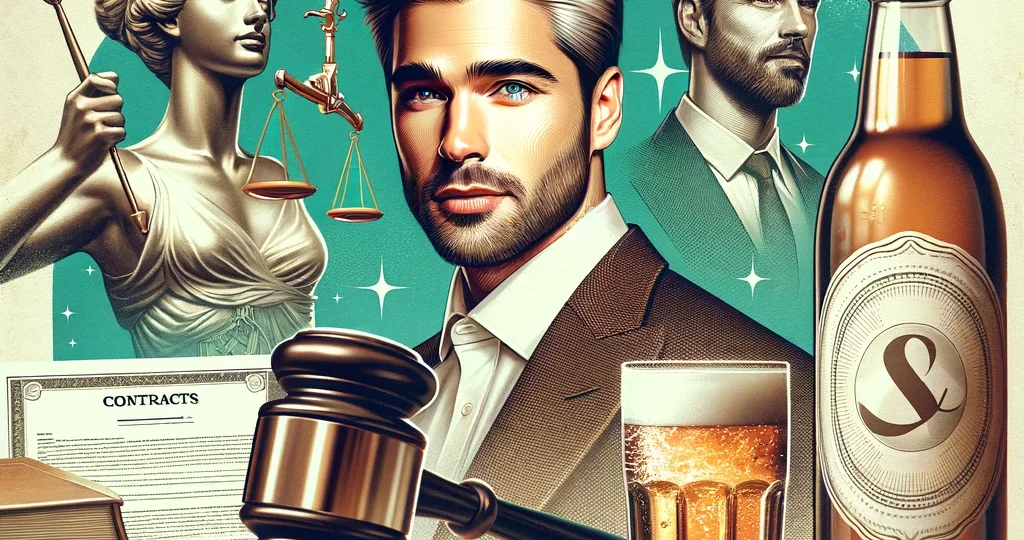
The food and beverage industry often intersects with the glamorous world of celebrities, leading to unique intellectual property (IP) deals that boost brand visibility and market appeal. At Juris Law Group, we specialize in guiding companies through the intricacies of food & beverage IP agreements, including by way of helping clients decide between license agreements and endorsement agreements involving celebrity IP. This article aims to demystify these agreements, providing real-world examples and insights to help businesses make informed decisions.
Understanding License Agreements:
A license agreement in the food and beverage sector often involves a celebrity granting a company the rights to use their name, image, or other IP in association with a product.
- Pros:
- Brand Enhancement: Leveraging a celebrity’s IP can significantly enhance brand recognition and appeal.
- Targeted Marketing: Celebrities often have a dedicated fan base, providing a targeted market segment.
- Cons:
- Cost: Licensing fees can be substantial.
- Risk of Association: Any negative publicity surrounding the celebrity can impact the brand.
George Clooney’s Casamigos Tequila is a prime example. Clooney co-founded the brand, licensing his name and image for its promotion, leading to a highly successful venture.
Understanding Endorsement Agreements
Endorsement agreements involve celebrities promoting or recommending a product without necessarily licensing their IP for product branding.
- Pros:
- Flexibility: Endorsements can be more flexible, often involving short-term commitments.
- Influence: A celebrity endorsement can influence consumer behavior and create buzz.
- Cons:
- Less Control: The company has less control over how their brand is associated with the celebrity.
- Dependence on Celebrity Reputation: Similar to license agreements, the brand’s image is tied to the celebrity’s reputation.
Pepsi’s endorsement deal with Beyoncé. The arrangement did not involve licensing her IP for branding but rather featured her in commercials and promotional campaigns.
Comparison and Decision-Making
While both agreements offer distinct advantages, the choice depends on the company’s marketing strategy and the intended use of the celebrity’s IP.
- License Agreements: Ideal for long-term brand association and leveraging the celebrity’s IP as part of the product identity.
- Endorsement Agreements: More suitable for short-term marketing campaigns and generating immediate buzz.
Some Other Real-World Examples
- License Agreement: Ryan Reynolds’ Aviation Gin, where his name and persona are integral to the brand.
- Endorsement Agreement: Charlize Theron’s partnership with Budweiser, focusing on promotional activities rather than product branding.
Understanding the nuances between license and endorsement agreements is crucial in the celebrity-driven food and beverage industry. At Juris Law Group, we are dedicated to providing expert legal guidance to navigate these complex agreements. Whether considering a celebrity license or endorsement, we ensure that your IP dealings are strategically aligned with your brand’s vision and market goals
